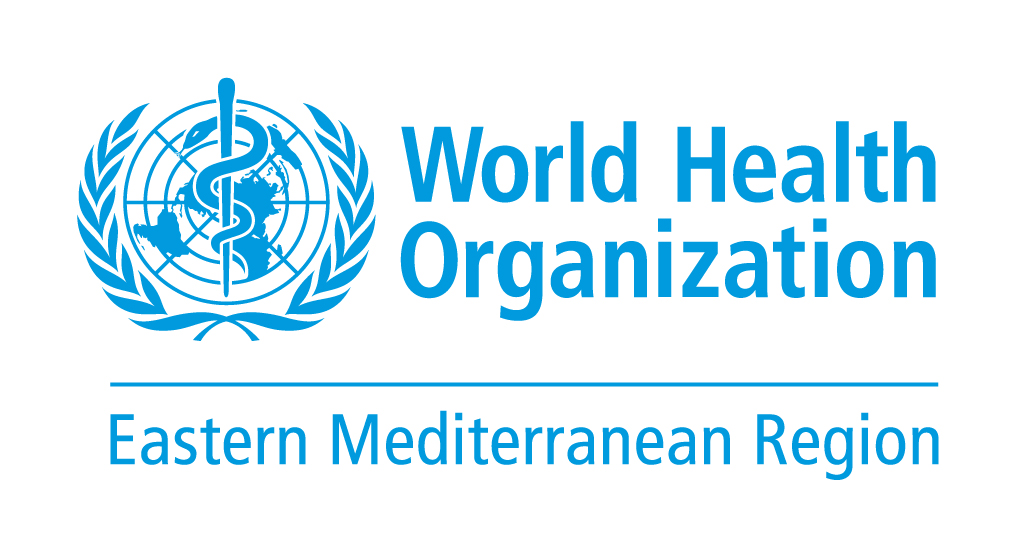Profiles and Briefs
Different country-focused health related publications that summarize the health situation for each country in the region.Reliable and timely health information is essential for policy development, proper health management, evidence-based decision-making, rational resource allocation and monitoring and evaluation of the public health situation. While the demand for health information is increasing in terms of quantity, quality and levels of disaggregation, the response to these needs has been hampered because of fragmentation and major gaps and weaknesses in national health information systems.
WHO provides technical support to Member States to strengthen national health information systems and enable the generation of timely and reliable evidence to assess the health situation and trends, and the health system response.
SDG and Core Health Indicators Framework
Uses available data drawn from multiple sources, including figures provided by countries, the latest World Health Statistics publications, the Global Health Observatory, and estimates developed by United Nations agencies including WHO. Every effort has been made to incorporate the most comprehensive and reliable data and to validate these data with countries within a very short time-frame. Historical data represent values collected and validated at the time (year) of publication.

Progress report on health and health-related SDGs, 2023
The 2030 Agenda for Sustainable Development includes a vision of healthy lives and well-being for all at all ages. This major report provides an update on progress towards the health-related Sustainable Development Goals (SDGs) in the WHO Eastern Mediterranean Region. It presents regional trends between 2010 and 2022 for 50 health-related SDG indicators using available data from WHO and estimates from other United Nations agencies. The report reveals some successes at the country level amid a marked slowdown regionally, with setbacks across indicators on health, health risks and determinants, and access to services. We are at the halfway point for the 2030 Agenda for Sustainable Development: to reverse current trends, and ensure the health and well-being of our population, we must take bold steps now.

Progress report on health and health-related SDGs, 2020
The 2030 Agenda for Sustainable Development includes a vision of healthy lives and well-being for all at all ages. This major report is the first comprehensive attempt to chart progress towards the health-related Sustainable Development Goals (SDGs) in the WHO Eastern Mediterranean Region. It presents regional trends between 2015 and 2019 for 50 health-related SDG indicators using available data from WHO and estimates from other United Nations agencies. The report reveals encouraging progress in some areas, but also many gaps and weaknesses in health-related services and outcomes as well as the data needed to measure them. As such, it will be critical reading for everyone working to plug those gaps and realize the vision of the 2030 Agenda.
Health and well-being profile
This health and well-being profile for the Eastern Mediterranean Region presents a comprehensive assessment of the health situation at the regional and country levels, using available data up to October 2019. It is guided by the strategic priorities and goals of WHO’s Thirteenth General Programme of Work (GPW 13): achieving universal health coverage; addressing health emergencies; and promoting healthier populations across the life course. Detailed country profiles for each of the 22 countries present the latest available data for a range of health indicators and the health-related SDGs, and highlight country efforts in implementing the 2030 Agenda for Sustainable Development. The health and well-being profile reviews progress made in the Region towards achieving the ambitious goals of Vision 2023 and GPW 13 and provides an opportunity to assess the opportunities and challenges that lie ahead.
Arabic version English version French version

Health and SDG Briefs
The health and SDG briefs were developed for each country to monitor progress in selected health-related SDG indicators with a particular focus on universal health coverage and selected determinants of health. The briefs are published alternately with the health system profiles and, among other things, provide an overview of each country’s efforts in agreeing on national targets for SDG 3; efforts in incorporating SDG 3 targets in health policy, strategy, and planning; and existing partnerships in advancing the 2030 Agenda including health-related SDGs.

Health System Briefs
Health system profiles were developed for each country which provide an overview of health system performance and a summary of the challenges and priorities for health system strengthening towards universal health coverage.

Health Workforce Snapshots
Provides a brief overview of the health workforce situation in each country of the Eastern Mediterranean Region. The snapshots are based on quantitative and qualitative data, highlighting key health workforce issues in countries.

Country Health Profiles
Products aim to monitor progress in the health of populations. Reliable and timely health information is essential for policy development, proper health management, evidence-based decision-making, rational resource allocation and monitoring and evaluation of the public health situation.

Copyright© WHO 2019· All rights reserved

